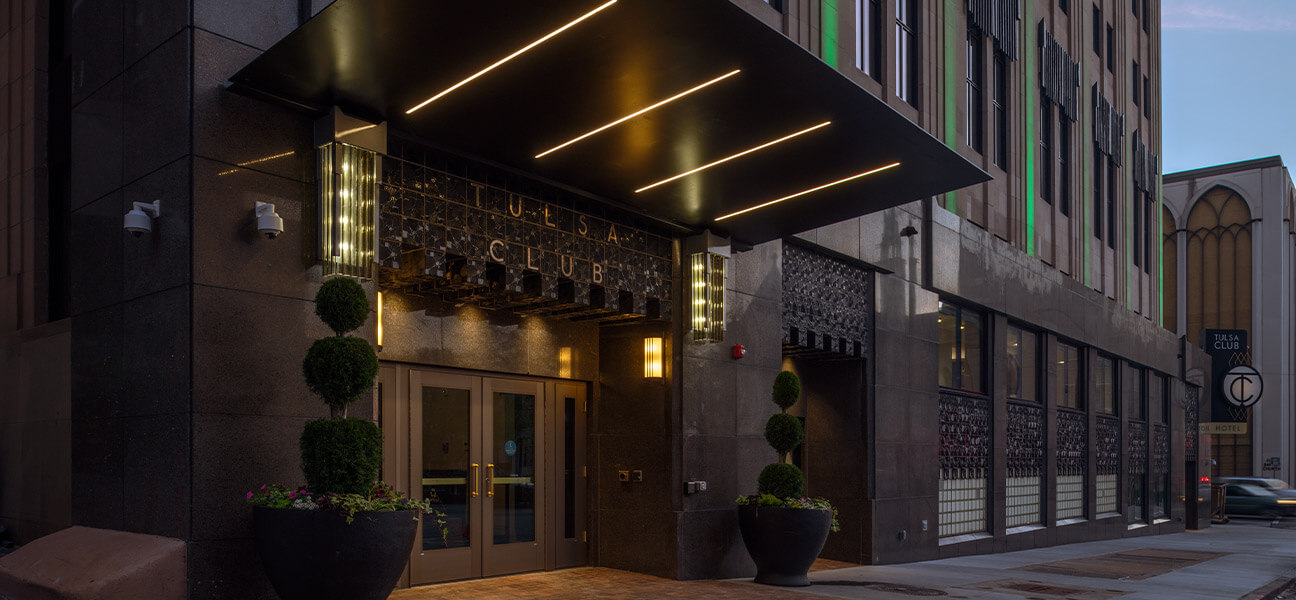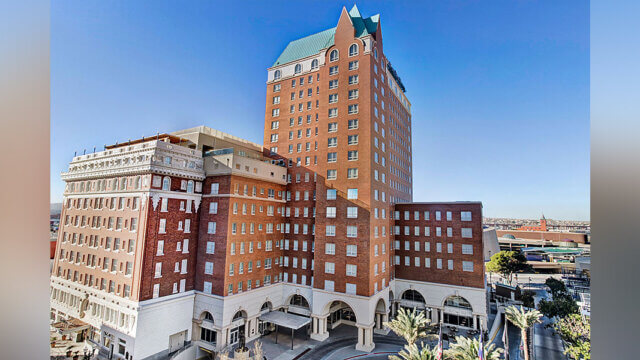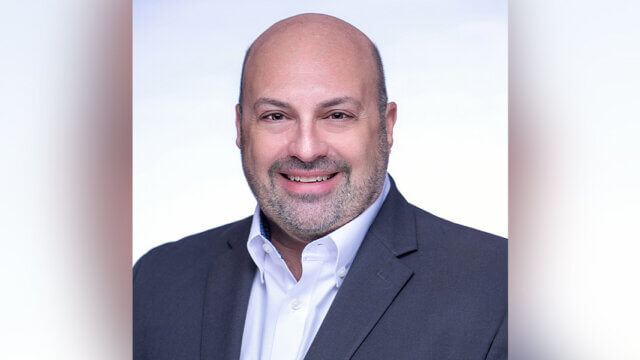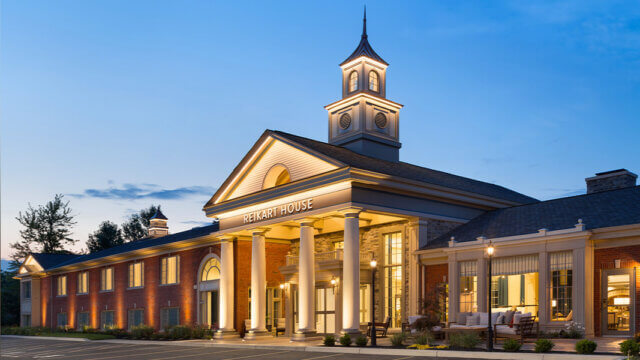Built in 1927 and designed by Art-Deco architect Bruce Goff, the Tulsa Club in downtown Tulsa, OK, once accommodated a high-society social club and the Tulsa Chamber of Commerce. After changing hands multiple times over the years and falling into a state of disrepair, the building was given new life as the Tulsa Club Hotel, Curio Collection by Hilton.
The transformation of the property was part of a revitalization project of the downtown Tulsa area, but the hotel’s financial performance upon its opening in 2019 was disappointing. The onset of the COVID-19 pandemic shortly after didn’t help, but in November 2020, Greenwood Hospitality, an affiliate of Hotel Equities, took over as manager. Today, the hotel is a thriving property that is “outperforming the market and has become the city’s premier location for upscale weddings and social functions,” noted Dan Block, SVP, operations, Hotel Equities.
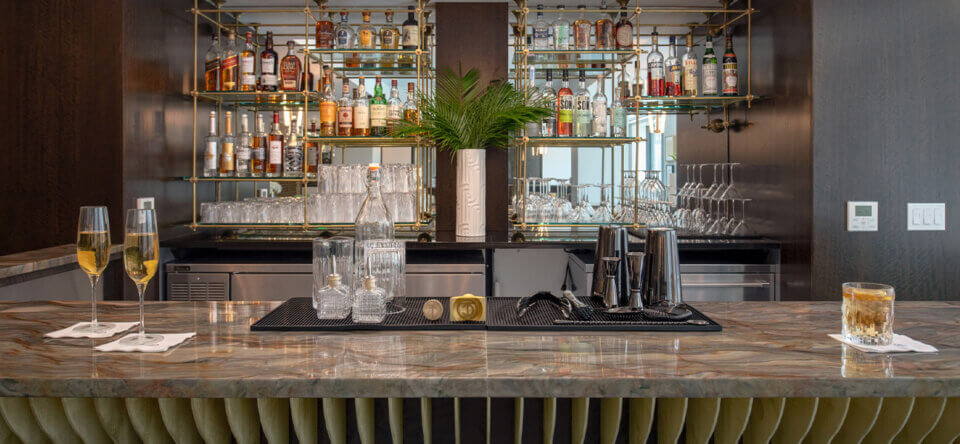
Immediately after Greenwood took over management, the 96-room hotel’s performance improved dramatically.
“In the first year following the company assuming operations, the hotel experienced 112.9% RevPAR growth, a 137.8% increase in total revenue and RevPAR Index growth of 40.3%,” Block said.
For the two food & beverage outlets, whose names play on the building’s past tenants, the company studied the local downtown food scene, Block noted, and the company “decided to position the Chamber Restaurant as a modern American Tavern offered in a relaxed setting. Commerce offers unique small plates and an array of craft cocktails.”
The hotel also has 7,800 sq. ft. of meeting and event space. “The hotel hosts corporate and association meetings, conferences, weddings, galas, social events and fundraisers,” said Tom Conran, founding principal, Greenwood Hospitality.
Other amenities include a rooftop terrace with panoramic views of downtown, a fitness center and business center.
The hotel’s demand generators include citywide events such as Tulsa Tough, Bass Master Classic and multiple sporting events, as well as the financial and energy sectors and tourists, according to Conran.
